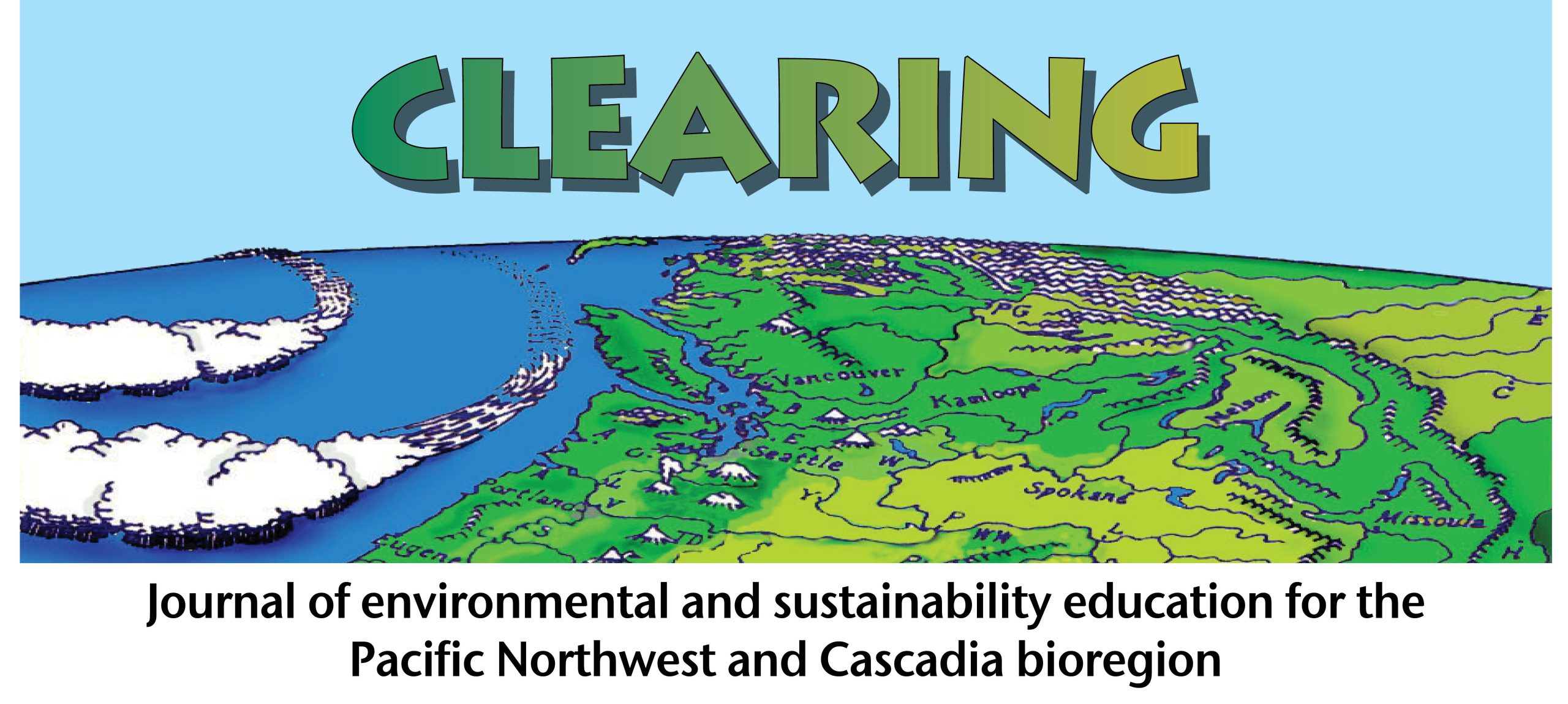Special thanks to Phyllis Dermer and the National Oceanic and Atmospheric Administration (NOAA)
1. Melinda Gray Ardia Environmental Foundation Grants
 K-12 teachers are invited to apply for grants to develop or implement environmental curricula that integrate hands-on ecology exercises into the classroom. To facilitate learning and student empowerment, environmental curricula should be holistic and strive to synthesize multiple levels of learning (facts, concepts, and principles), often including experiential integrated learning and problem solving. The deadline for pre-proposals is September 14, 2014.
K-12 teachers are invited to apply for grants to develop or implement environmental curricula that integrate hands-on ecology exercises into the classroom. To facilitate learning and student empowerment, environmental curricula should be holistic and strive to synthesize multiple levels of learning (facts, concepts, and principles), often including experiential integrated learning and problem solving. The deadline for pre-proposals is September 14, 2014.
http://www.mgaef.org/application.htm
 2. Oregon Coast Education Program Summer Workshop – Oregon
2. Oregon Coast Education Program Summer Workshop – Oregon
Science Educators in grades 6-12 can join the educators at the Oregon Coast Education Program, August 13-15, 2014 in Charleston, Oregon. Topics include coastal ecology and habitats, impacts and solutions including climate connections, working with data sets, and making connections to your schools. Participants will receive continued support during the school year. A stipend may be available.
http://www.pacname.org/news.shtml
 3. Biomimicry Education Network
3. Biomimicry Education Network
The Biomimicry Education Network (BEN) is a global community of teachers who are integrating biomimicry into K-12 classrooms, university courses, and informal learning environments. The website and blog support members by providing curriculum and resource downloads, a platform to connect with colleagues, and news and information. Check out the on-line flip-book, Biomimicry in Youth Education. Note: free registration is required.
http://ben.biomimicry.net/
The All About Bird Biology team from Cornell has developed the game, Bird Song Hero, asking players to match the song they’re hearing to one of three visual representations of the sound. The game puts the visual side of the brain to work.
http://biology.allaboutbirds.org/bird-song-hero/
5. Climate Change Indicators
The third edition of EPA’s Climate Change Indicators in the United States presents 30 indicators, each describing trends related to the causes and effects of climate change. It focuses primarily on the United States, but in some cases global trends are presented to provide context or a basis for comparison. Sections include Understanding Greenhouse Gases, Snow and Ice, Ecosystems, and more.
http://www.epa.gov/climatechange/science/indicators/download.html
6. Global Forest Watch
The World Resources Institute hosts this dynamic forest monitoring and alert system. Global Forest Watch unites satellite technology, open data, and crowdsourcing to offer access to timely and reliable information about forests. The interactive map of the world includes features that allow users to learn about tree cover loss over time, success stories from around the world, and more. Visitors must agree to terms of use before accessing the website.
http://www.globalforestwatch.org/
Marine CSI: Coastal Science Investigations is offering free sample lessons from their two books. Each book contains over 50 lessons divided into eight units correlated to the Next Generation Science Standards. Amazon offers a preview of the books on their website. Kimberly Belfer is offering a sample lesson; contact her with your grade level of preference and your location.
http://www.amazon.com/Marine-CSI-Coastal-Science-Investigations/dp/1492840718
http://www.amazon.co.uk/Marine-CSI-Coastal-Science-Investigations/dp/1497427223
Contact Kimberly Belfer at kimberly.belfer@gmail.com
8. Resources for STEM Education
The NSF hosts this K-12 Resources for STEM Education website with links to resources and findings generated through educational research and development projects funded in part by the National Science Foundation. Materials include professional development, instructional materials, assessment, and research syntheses.
http://www.nsfresources.org/home.cfm
9. Urban Environmental Education Lesson Plans
These 26 lesson plans are an outcome of the 2011 online professional development course through the EECapacity project at Cornell University. Plans include Ecological Identity; Restoring Earth, Reflecting on Stories; Marine Ecosystem Invention; and more.
http://urbanee.files.wordpress.com/2011/11/26-lesson-plans.pdf
10. World Network of Indigenous and Local Community Land and Sea Managers
The WIN (World Network of Indigenous and Local Community Land and Sea Managers) is a network that brings together indigenous and local community land and sea managers to share their knowledge and practices in managing ecosystems, protecting the environment, and supporting sustainable livelihoods. Check out the resources, read the stories, and more.
www.winlsm.net
 11. Measuring Environmental Education Outcomes
11. Measuring Environmental Education Outcomes
Edited by Alex Russ.
In this e-book, 20 environmental educators across the U.S. are trying to offer a fresh look at environmental education outcomes and their measurement. E-book chapters address such questions as: What counts as outcomes of environmental education? How can their measurement be part of environmental education curricula? How to monitor long-term impacts of environmental education programs? The e-book is prepared for environmental educators and program evaluators. ISBN 978-0-615-98351-6


